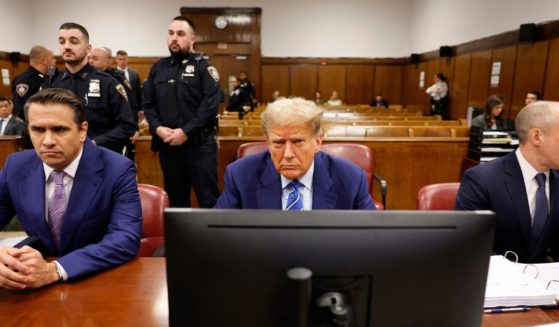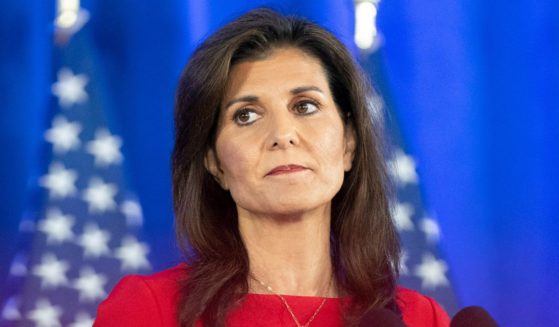House Passes Bill To Restore Obama-Era 'Net Neutrality' Rules
House Democrats passed a bill Wednesday restoring the Federal Communication Commission’s rule prohibiting internet service providers from slowing down internet traffic.
Lawmakers approved a Democrat-backed bill that would restore Obama-era rules requiring AT&T, Verizon and others to treat all traffic equally, though the measure is likely only a symbolic gesture.
On Monday, the Trump administration’s Office of Management and Budget issued a statement opposing the bill and recommending a presidential veto if it passed both houses of Congress. On Tuesday, Senate Leader Mitch McConnell of Kentucky told Reuters that the House bill, which passed 232 – 190, would be “dead on arrival.”
The Save The Internet Act would repeal FCC Chairman Ajit Pai’s order in 2017, bar the agency from reinstating it, and reinstate the 2015 net neutrality order.
Democratic Rep. Mike Doyle of Pennsylvania said Tuesday the bill “puts a cop on the beat to make sure our internet service providers aren’t acting in an unjust, unreasonable or discriminatory way.”
Only one Republican, Rep. Bill Posey of Florida, voted for the bill.
Democrats and others activists often characterize ISPs as a driveway connecting a home to the vast network of portals on the internet, while net neutrality, they claim, is the principle preventing providers from charging a high fee for some traffic.
Many people who oppose providing the government more authority over bandwidth say that’s not an apt description.
Former FCC Chairman Michael Powell, for instance, frequently pushes back against that characterization.
“Americans have never known anything but an open internet,” Powell said during a news conference in 2017, noting that an open internet was a concept woven into how the internet was designed.
“One of the great lies is that that’s ever been challenged, or that it’s at risk,” he said at the time. “The bottom line is that nobody has ever represented to me a meaningful business model that would ultimately cause consumers to have a horrible experience.”
In 2015, the Obama-era FCC classified internet service providers as falling under Title II of the Communications Act of 1934, which subjected them to greater federal regulations.
In 2017, however, the FCC under Pai voted to return the previous classification of ISPs as Title I services. That meant they were subject to fewer regulations.
More than 20 states launched a joint lawsuit against the FCC shortly thereafter, while California did those states one better: The Golden State passed its own state-level net neutrality law, which is itself being challenged by the federal government. Republicans say dinging the net neutrality rules helped speed up the internet.
Since the repeal of the Obama-era rule took effect in June 2018, internet speed in the United States went from 12th to sixth fastest in the world, according to media reports.
Content created by The Daily Caller News Foundation is available without charge to any eligible news publisher that can provide a large audience. For licensing opportunities of our original content, please contact licensing@dailycallernewsfoundation.org. A version of this article appeared on The Daily Caller News Foundation website.
Truth and Accuracy
We are committed to truth and accuracy in all of our journalism. Read our editorial standards.












